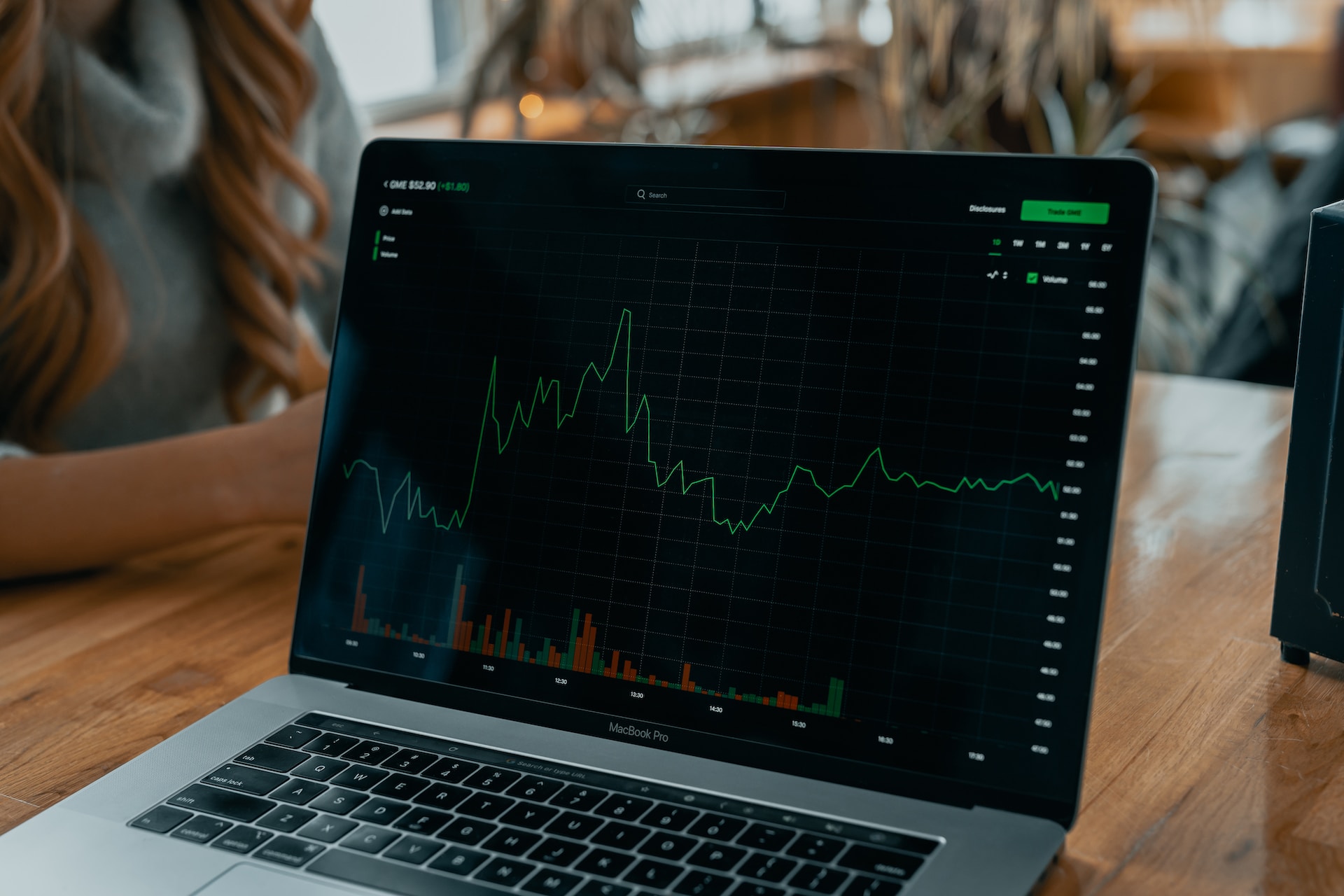
Our latest monthly Investment & Economic Update for September 2023 examines how the global investment markets, economy, and commodities performed.
Sluggish economic growth in major economies was again a common theme throughout August, with inflation the battle.
Let’s look closely at key markets worldwide to find out what’s been happening.
UK
The Investment & Economic Update for the UK showed it is continuing to narrowly avoid recession, despite widespread fears over the country’s longer-term economic outlook.
The Investment & Economic Update also showed some good news, as the rate of inflation fell from 7.9% in the year to June to 6.8% in July.
But despite this fall, it remains well above the Bank of England’s target of 2%.
As a result, many analysts are expecting to see a further increase in interest rates in September.
Andrew Bailey, the Governor of the Bank of England, told the BBC that interest rates will not come down until there is “solid evidence” that rapid price rises are slowing down.
The profits of energy firms have been controversial for some time, with the sector performing strongly at a time when soaring prices have put massive pressure on households and businesses.
However, wholesale oil and gas prices have started to ease in recent months.
UK Property
House prices in the UK have fallen 5.3% in the past year, the biggest annual decline since 2009.
The price drop is driven by rising interest rates, making borrowing money to buy a home more expensive.
Mortgage approvals are also down 20% from pre-pandemic levels.
Nationwide’s chief economist, Robert Gardner, said the fall in house prices was “not surprising” given the rise in interest rates.
He said home affordability was “much more stretched than before, ” with typical mortgage rates now around 6%, compared to 1.5% in late 2021.
“That has had a big impact on the market as a whole,” he said. “I think it will take time for things to pick up.”
The slowdown in the housing market is likely to have a knock-on effect on the broader economy, as it could lead to lower consumer spending.
However, some economists believe the fall in house prices could be good news for first-time buyers, making it easier for them to get onto the property ladder.
Will there be a UK Housing market crash?
Ukraine
The Investment & Economic Update showed that the ongoing war in Ukraine took another surprise turn in August.
The head of mercenary group Wagner, Yevgeny Prigozhin, was killed.
It was only in June that Prigozhin staged an apparent mutiny, a shocking move that raised questions about Russian President Vladimir Putin’s grip on power, and his death has prompted speculation about whether or not his death was an accident.
Meanwhile, UK Energy Secretary Grant Shapps, now at the Ministry of Defence, visited Kyiv to confirm that the British government will provide a £192m loan guarantee to keep Ukraine’s nuclear power plants running over the winter.
Hopefully, this will help end Ukraine’s reliance on Russian energy supplies, as nuclear power generates over half of the nation’s electricity.
Europe
Businesses in the eurozone saw a sharp fall in output and new orders in August.
The index that measures orders fell to its lowest level in almost three years, which may raise fears of an economic slowdown later this year.
Germany’s economy has struggled recently and saw zero growth in the year’s second quarter.
This followed two consecutive quarters of economic contraction.
Italy
Italian government plans to impose a 40% one-off tax on bank profits were watered down significantly.
The initial announcement led to shares in Italian institutions such as Banco BPM, UniCredit and Intesa Sanpaolo plummeting. Still, the later decision to cap the tax at 0.1% of assets led to a slight rebound.
US
August saw the US government’s credit rating downgraded by Fitch from AAA to AA+.
The downgrade took place against the backdrop of increasing inflation, as it went up from 3% in the year to June to 3.2% in the year to July.
According to the US Labour Department this was fuelled by rising food, car insurance and housing bills.
The US Federal Reserve has been raising interest rates in recent months to tackle inflation. Still, economists are increasingly of the view that policymakers will pause rate hikes for the next few months.
Far East
In China, inflation fell by 0.3% in July compared with the previous year, deflating the economy and putting further pressure on the government to stimulate demand.
The country saw a 14.5% drop in exports in July year-on-year, while imports slumped by 12.4%.
However, the automotive industry was one bright spot in the economy, as according to Nikkei Asia, China beat Japan to become the leading exporter of cars in the first six months of 2023, partly due to growing demand for Chinese electric vehicles worldwide.
Shareholders in major technology companies such as Alibaba and video-sharing site Bilibili fell in China’s business sector.
This was after the country’s cyberspace regulator proposed limiting smartphone usage of children under 18, which would see children only being allowed to use their devices for up to two hours daily.
Russia
Over in sanction-hit Russia, the rouble fell to its lowest value in 16 months, falling past 100 per US dollar.
While oil and gas exports helped bolster the currency following Russia’s invasion of Ukraine, imports are now rising faster than exports.
At the same time, military spending increases as the war drags on.
The falling value of the rouble led to Russia’s central bank hiking interest rates from 8.5% to 12%.
Please don’t hesitate to reach out to us if you’d like to discuss if any of the above are affecting your investments or plans.
